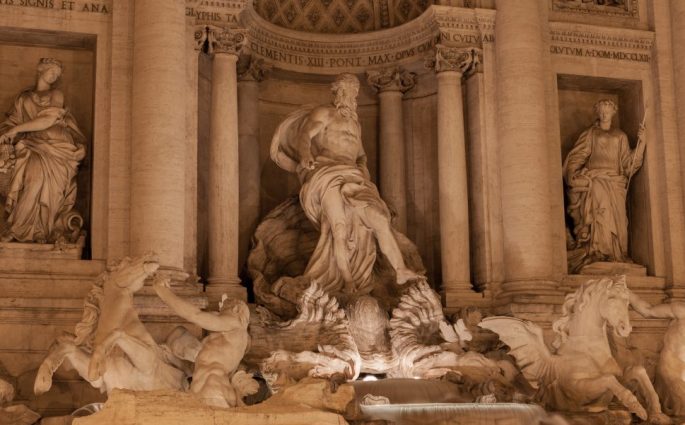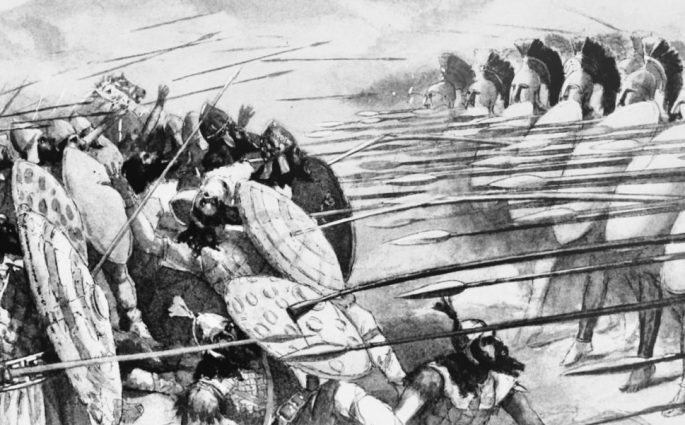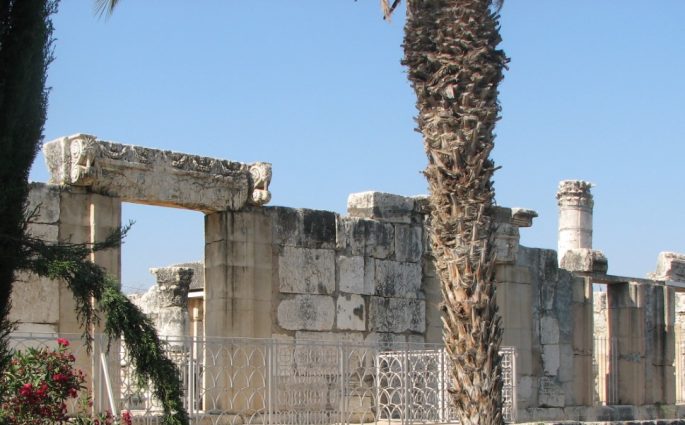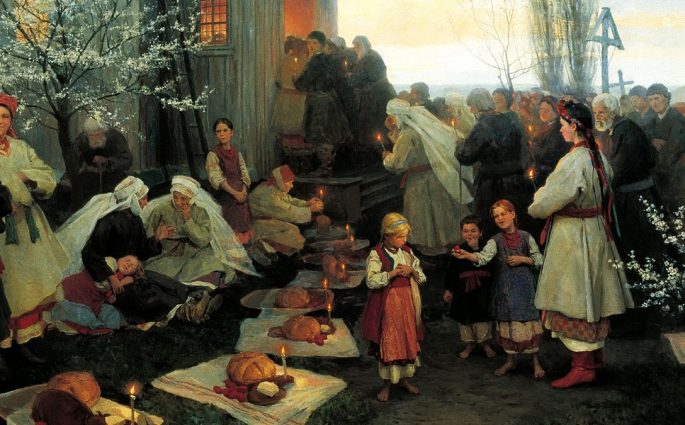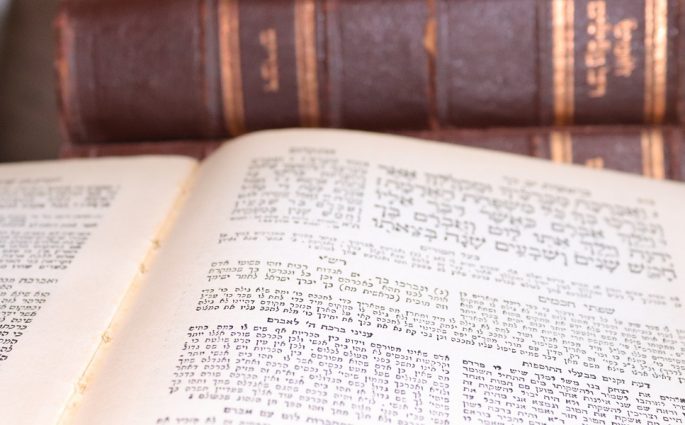Western Ambivalence toward Iran
By Abbas Amanat — The Persians, and before them the Medes, were among the first people known to the ancient Greeks outside their own geographic sphere. As early as the sixth century BCE, when Cyrus the Great, the founder of the Achaemenid Empire (c. 550 BCE–330 BCE), conquered Asia Minor,




